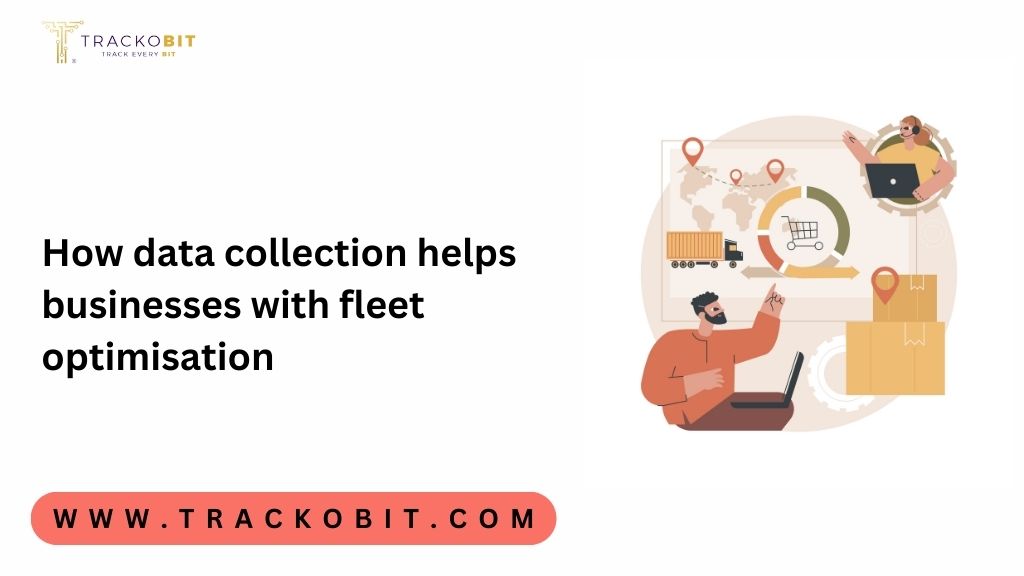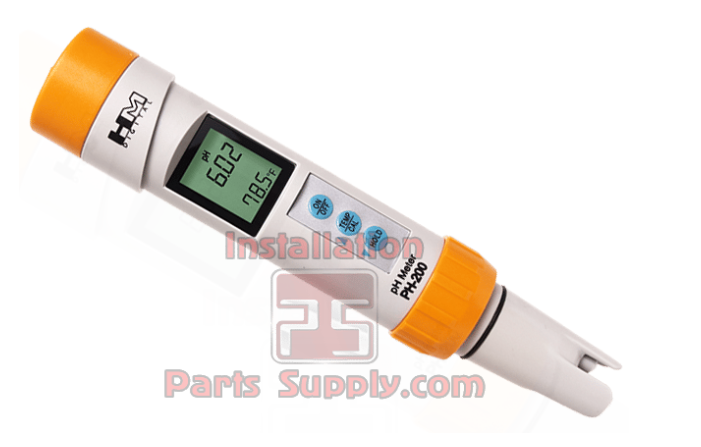When a fleet is running at all times, managers have to plan a lot to make sure that their operations are seamless. But without the study of the market and also learning about your own work can managers make decisions for theory fleets?
Collecting data is important but when done annually, there is a huge window for errors. Errors can further lead to businesses losing their profitability productivity. Let us learn ways that data can help businesses optimise their operations.
Challenges That Fleet Businesses Commonly Face
So what challenges do you think bad data collection can cause for fleet businesses? Efficiency is difficult to maintain when there is no way for managers to know how their fleet is performing. Let us look at the issues that managers face during optimisation:
- Lost Productivity: When managers do not have any idea how much work their fleet is completing, they have no ways to regulate their productivity as well. This can raise the possibility for both time theft and overworking drivers.
- Harder Management: Managers cannot make changes to their operations when they don’t even know where their fleet is lacking. Managers also need to make sure that the tasks are evenly distributed. For planning routes, avengers need to know if any of the paths are costly or damaging for the vehicle. This is possible only via studying data.
- Irregular Planning: Different kinds of vehicles are meant for various tasks. This is why managers need to make sure that their desired vehicles are making sure that the vehicle is actually sitable. Otherwise they can damage their vehicles and increase replacement cost.
- Difficult to Adhere To Industry Trends: The industry is constantly changing. Fleet businesses also need to make sure that they stay updated with these trends. But without data it is difficult to implement any new operations when there is no data to base these decisions on.
How Can Data Help Mitigate Challenges
Data is the fuel for optimisations. The reports that managers create can be used by not just them, but also by the businesses owners to see if their fleet needs any new change. This is the only way they can scale the business and make it more relevant to industry trends as well. Here are some forms of data that can make it easier for fleet businesses to optimise their business:
- Analytics: The system needs to make sure that the data is available to them in simplified form. This can be in the form of charts or comparison. Thus, it becomes easier for managers to apply gamification structure to their business operations.
- Downloadable Reports: The reports that the system produces are more useful for long term study. This data can help managers look for any pain points of their fleet and ways they can mitigate these challenges. These reports can also contain more information, giving managers a better understanding of their business model.
Can Fleet Management Systems Help Businesses Collect Information?
Fleet management systems are your business’ ultimate best friends. They can ensure that businesses do not have to give in to the errors that come with manual management. Thus, also optimising the data collection processes for managers. Gone are the times of inconsistencies and inaccuracies affecting business operations. Using automation can help fleet businesses make better decisions for their business and also makes sure that managers have all the necessary data to implement change.
Some of the data collection tools of a fleet management system are:
- Report Generation: All the solutions that the system has to offer collect data and present it to managers. These reports can help businesses make sure that no bad execution issues are affecting their operations and also ensure better policy building for their business.
- OBD: For data related to the vehicle’s health, fleet businesses use the OBD. This gives in the system a lot of data packages from which managers can choose what is relevant to their optimisation and management. The rest of the data is not stored in the cloud-based fleet management system.
- Analytical Dashboard: The system has two dashboards, one traditional and one analytical. Analytical dashboard allows managers to present data right at their fingertips. This data makes business analysis easier and also efficient.
- Sensors: Sensors provide managers with extra data to work with. Thus, enlarging scope of optimisation for the business.
In the End
Data plays an important role in the optimisation process of a fleet business. They can use data to see where their vehicles or drivers are lacking. Thus, creating a vehicle maintenance schedule and training drivers becomes a lot easier for them. This in turn means better productivity and profitability for the business.
TrackoBit is a leading name in the industry, known for its customisability. It can help your managers get customised and accurate reports along with a set of efficient solutions. Thus making the optimisation process a lot easier. It can also help you satisfy and grow your clientele.


